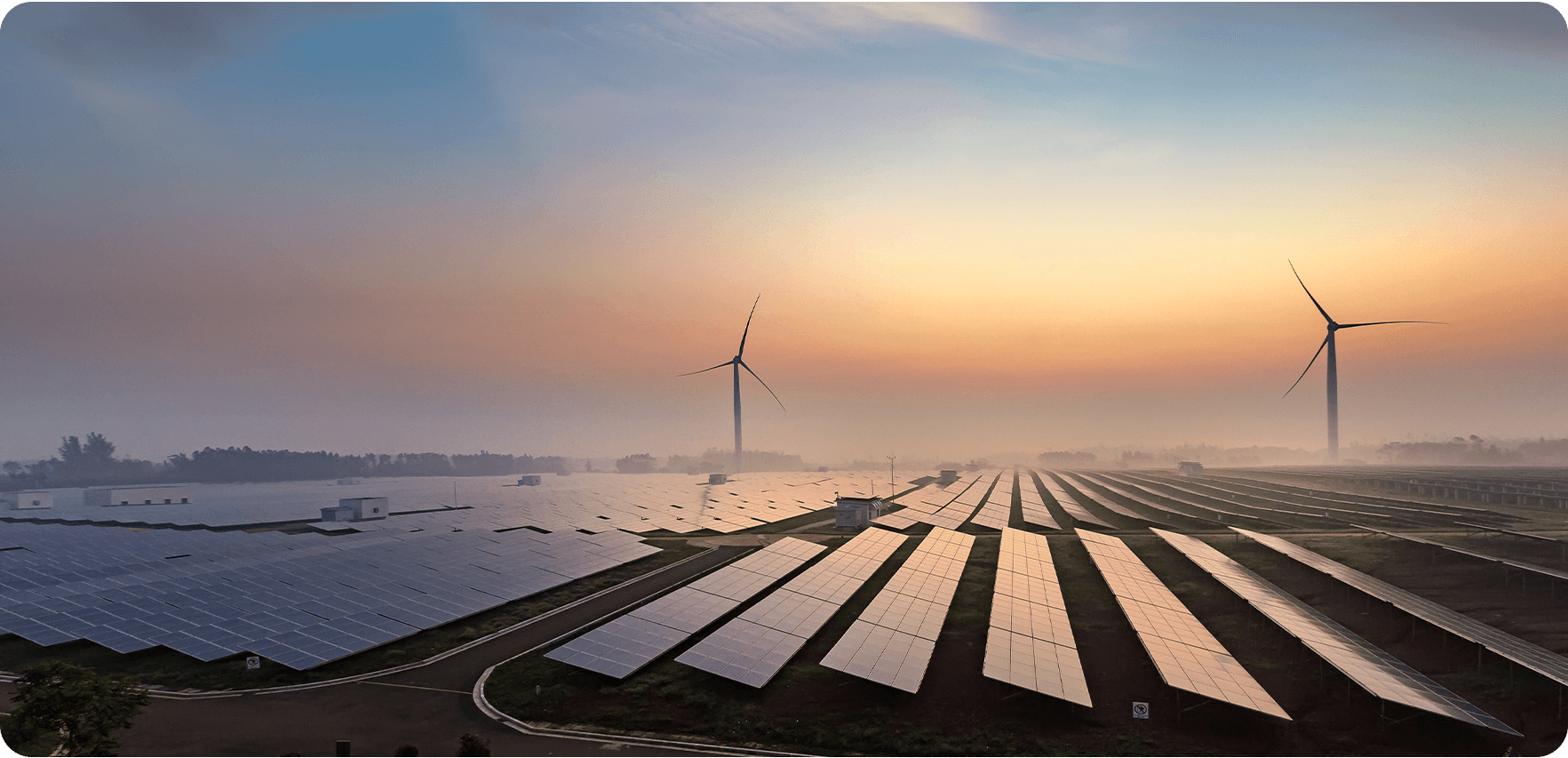Previous
All you need to know about the Microgeneration Support Scheme
June 02, 2022

The cost of supplying energy to Irish homes is ‘outrageously out of line’ with the rest of Europe, the temporary VAT reduction fails to address the underlying causes of the high costs, the Irish Solar Energy Association (ISEA) has said.
The ISEA was established in 2013 to advance the policy and regulatory landscape promoting solar as a leading renewable technology said ‘network charges’ are being “ignored” to the detriment of consumers.
The ISEA defined network charges as “the cost of transferring energy from the generator to the home”.
“Network charges are entirely within Irish control” said ISEA chief executive Conall Bolger. “The wholesale prices electricity suppliers must pay have multiplied and this is of course impacting costs, but there is more to energy costs than just VAT”.
“Irish people are paying among the highest energy rates in Europe. We must be realistic and recognise that there are domestic factors influencing costs too that are not being addressed.
“Politically, too much attention has been focused on the areas of VAT and the PSO levy, which are merely distractions.”
“In more normal times, for every €1 spent by a household on VAT an the PSO levy, they spend almost €2 on the cost of transporting the energy from the generator to their home, on what are known as network charges.”
ISEA said the network charges were domestic regulated costs. ‘They are set by a State entity, the Commission for the Regulation of Utilities, and crucially they are wildly out of line with the rest of Europe.”
In terms of renewable energy. Mr Bolger said Ireland was paying €73 for every unit of solar power, while Spain was paying just €32.
“An Irish solar operator could be paying an inexplicable €26 in network related charges for every unit they put on the grid, contributing to the significant difference”, he said.
Renewable energy that is domestically generate lessons our exposures to international price hikes. However, these inexplicable networks charges ensure that Irish people continue to pay far too much for renewable energy than ought to be the case.”
He also added that the issue of network charges may not be “headline grabbing” for the government, but that a review could be “hugely impactful” for consumers.
The VAT reduction ultimately does nothing to address the reasons behind the high energy prices,” he said. “This comes hot off the heels of another piecemeal measure, the once-off credit on electricity bills. Neither will impact on the factors driving up the prices in the first place.”
While almost one third of customer complaints against energy suppliers in the state were upheld by the regulator last year, new figures show.
The Commission of the Regulation of Utilities (CRU), which oversees energy companies and Irish Water, said 2021 has been “a challenging year for many customers” due to the impact of Covid-19 pandemic and global increases in energy costs.
It had to deal with 6,6087 cases during the year, up to 51 per cent on the previous year. Although, complex complaints – ones requiring a full CRU investigation – accounted for just 3 percent of the total and were up 10 per cent on the previous year.
The agency has closed 186 complex complaints against the energy providers last year, with 32 per cent in favor of the customer.
Billing continues to be the most common cause of the complaints, with inaccurate bills, catch-up bills, charges, and tariffs generating 50 per cent of complaints. Account issues, customer service levels, and metering issues were also sources of complaints. While five per cent of complaints related to marketing and sign-up problems, e.g., misleading information.
Complaints relating to the nine largest energy suppliers were roughly in line with their market share, except for Electric Ireland – which has 43 per cent market share but only accounted for 19 per cent of complaints – and most notably Bord Gais Energy whose share of complaints was a shocking 28% ahead of its 21 per cent market share.
Gleeson, C (2022), ‘Cost of supplying Irish electricity ‘wildly out of line’ with Europe. The Irish Times. Date accessed: 01/06/2022. Read full article here: https://www.irishtimes.com/business/energy-and-resources/cost-of-supplying-irish-electricity-wildly-out-of-line-with-europe-1.4855862
O Brien, C (2022), ‘One-third of complaints against energy suppliers upheld’. The Irish Times. Date accessed: 01/06/2022. Read full article here: https://www.irishtimes.com/business/energy-and-resources/one-third-of-complaints-against-energy-suppliers-upheld-1.4883046